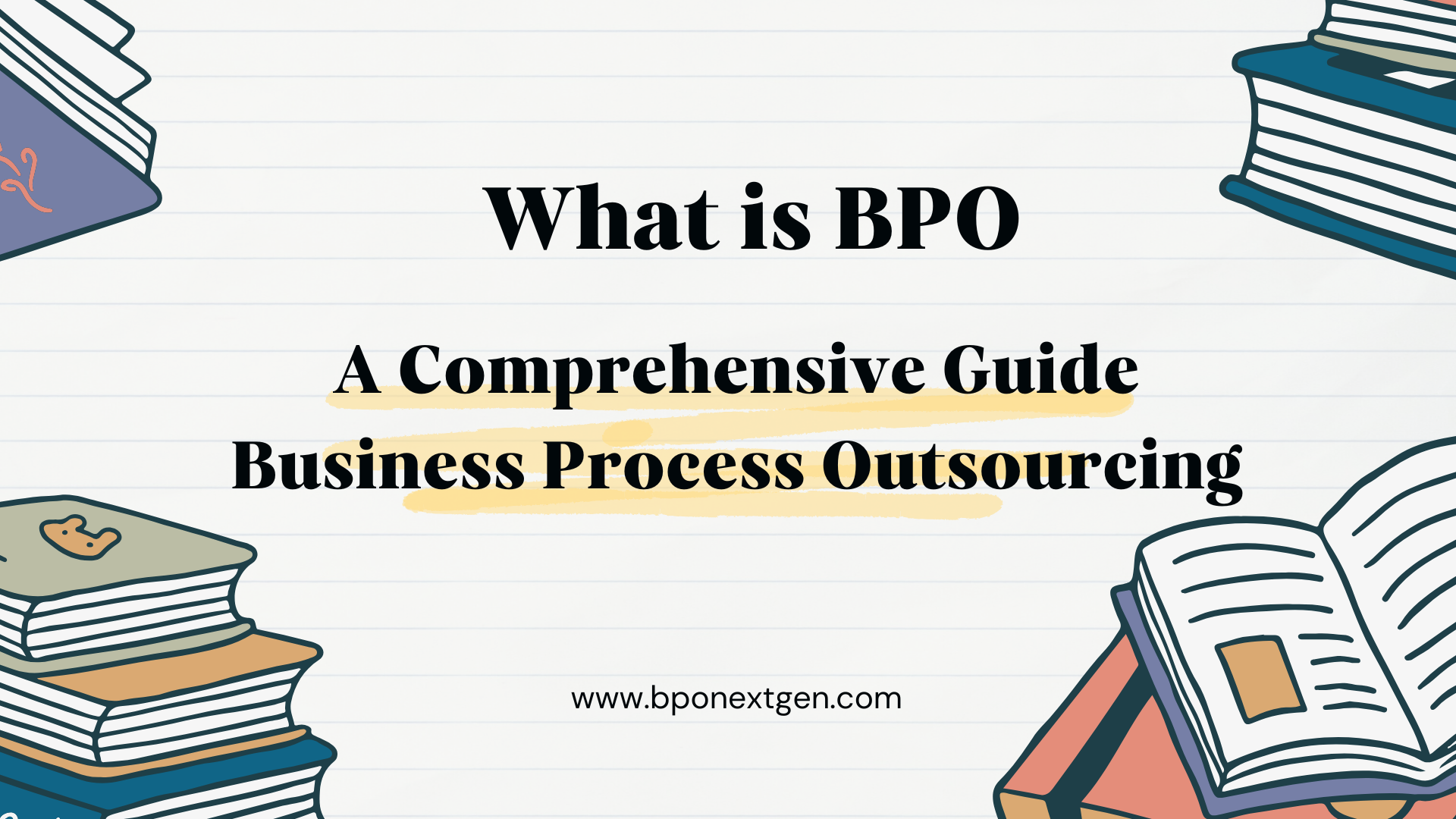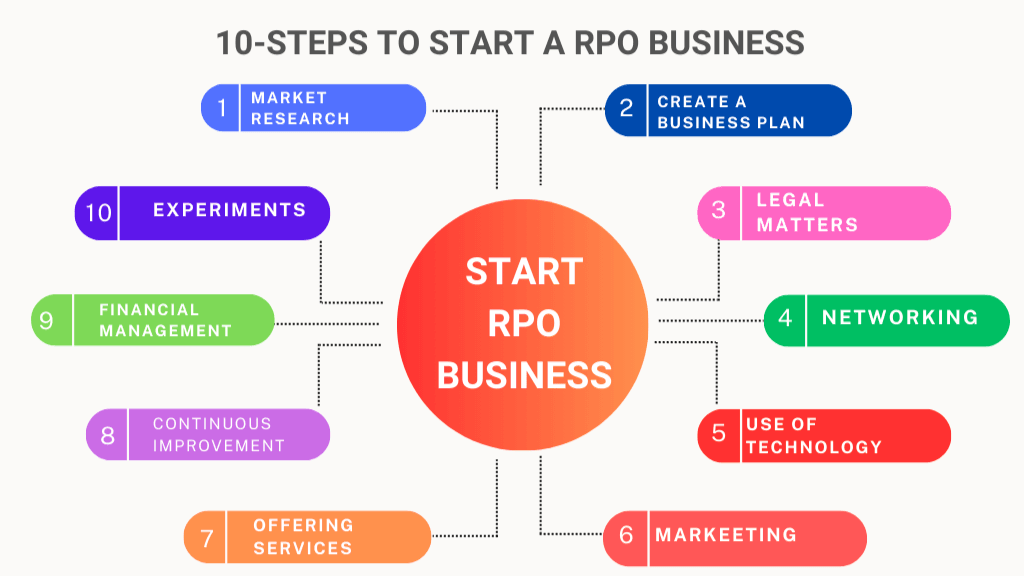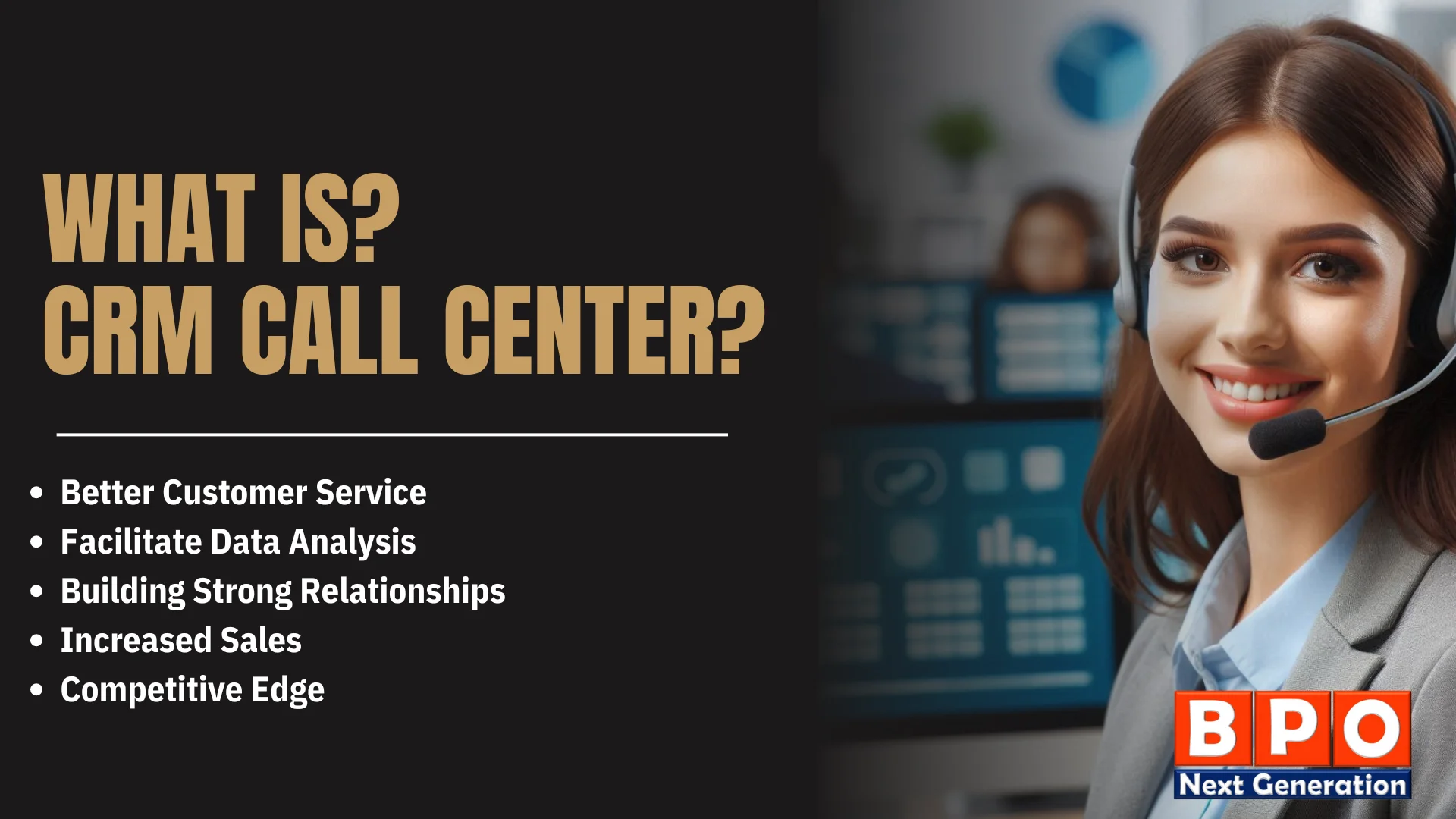
Table of Contents
ToggleWhat is Lead Generation?
Lead generation involves data about potential customers and lead generation is a marketing process, information about those customers so that they can be targeted for future sales. As the Internet and modern technology grew, the process of lead generation began. This is so that we can simplify the way we reach business target customers. Digital platforms have made these methods modern and effective as earlier these methods were limited to traditional advertising.
If we talk about the increase in the business of lead generation, it is a huge increase in this business compared to the previous day. And this is especially possible with the popularity of social media and email marketing. It is now rampant in the market, where businesses adopt various strategies to get quality and quality leads quickly. In the current era, data analytics and AI technologies have made this process more efficient and accurate, leading to greater success for businesses.
Why should we do Lead Generation?
The purpose of a business is to build relationships with customers and reach out to potential customers easily, and lead generation has brought flexibility and success to this goal. In the early days of IT, businesses used traditional methods like telephone calls and mailings to get leads, but modern-day digital technology has made the process faster and more efficient. Through lead generation, businesses can reach more targeted and relevant customers, increasing their sales.
The benefit to the customer is that they get information and offers tailored to their needs, while it provides an opportunity for lead generators to better present their products or services. This, in turn, increases the chances of growth and success for both parties in the market, which strengthens the business relationship.
Benefits of doing Lead Generation work
- Targeted Marketing: With lead generation, businesses can identify the right target customers for their products or services. This targeting approach helps in creating more effective advertising campaigns.
- Increase sales: Businesses can increase their number of potential customers through effective lead generation. More leads means more opportunities and increased sales potential.
- Relationships with customers: Generation Y provides an opportunity to build relationships with customers. These relationships form the basis of long-term loyalty and repeat purchases.
- Submission of Data: Through the process of lead generation, businesses gain important information about customers. This data helps in understanding market demand and consumer behavior.
- Brand presence: Lead generation strengthens the online presence of a business. It helps in increasing brand recognition and customer visibility.
- Cost effectiveness: Digital lead generation methods are more cost effective than traditional methods. Getting more leads at a lower cost increases profitability.
- Saving time: Advanced lead generation tools and techniques save time. These allow businesses to focus on their core activities.
- Analytical Information: The data obtained through lead generation provides analytical information. This information helps to improve business strategy and strengthen decisions.
Future of Lead Generation work
Future lead generation benefits will include faster data analysis, use of artificial intelligence, and automated systems. These will allow businesses to reach target customers more effectively and improve their marketing strategies. While in the beginning lead generation used mostly traditional methods, now modern technology and digital platforms have made the process fast, efficient and reliable. In the past, this process was time-consuming due to limited resources, but now thousands of potential customers can be accessed with a single click, creating a wealth of business opportunities.
- Define Your Target Audience
- Create Valuable Content
- Optimize Your Website
- Utilize Social Media
- Implement Email Marketing
- Engage in Client Hunting
- Analyze and Adjust Your Strategy
Relationship of Lead Generation with BPO
BPO can use the service of lead generation in their services because we can say that lead generation is closely related to BPO (Business Process Outsourcing), as both have the same objective and that is to increase business performance. And to strengthen relationships with customers. BPO is a business through which, businesses can outsource their lead generation activities to experts, saving their expertise, resources, and time.
Through this relationship, BPO providers help businesses with market research, data collection, and processing of leads. In this way, businesses can reach their target market more effectively and increase sales. Additionally, BPO services improve the quality of leads, which guarantees long-term success for the business. Thus, collaboration between the two helps in modernizing and enhancing business processes.
FAQs
Lead generation involves data about potential customers and lead generation is a marketing process, information about those customers so that they can be targeted for future sales.
The purpose of a business is to build relationships with customers and reach out to potential customers easily, and lead generation has brought flexibility and success to this goal.
- Targeted Marketing
- Increase Sales
- Customer Relationships
- Submission of Data
- Brand Presence
- Cost Effectiveness
- Time Savings
- Analytical Information
Future lead generation benefits will include faster data analysis, use of artificial intelligence, and automated systems. These will allow businesses to reach target customers more effectively and improve their marketing strategies.
- Define Your Target Audience
- Create Valuable Content
- Optimize Your Website
- Utilize Social Media
- Implement Email Marketing
- Engage in Client Hunting
- Analyze and Adjust Your Strategy
Lead Generation is closely related to BPO (Business Process Outsourcing), as both have the same objective and that is to increase business performance. And to strengthen relationships with customers.












